|
|
|
|
Humanitarian crises that drag on for years can have a devastating impact on education. In her research, Miho Taka looked at how schooling was affected by the violent conflict in Rwanda in the run-up to, and the years, after the 1994 genocide. She concludes from her findings that plans should be put in place to prepare second chance opportunities for formal education once a crisis comes to an end. And that these need to be accessible, flexible and inclusive.
Sugar beverages, a major contributor to child obesity, remain available in most schools in South Africa, according to research by Agnes Erzse, Karen Hofman and Nicola Christofides. This despite the commitment by Coca-Cola, the biggest producer of these fizzy drinks, to stop supplying them to primary schools. The authors call for government regulation rather than leaving the matter up to self-regulation.
There have been various initiatives aimed at eliminating malaria, one of the leading causes of illness and death globally. Most have a flaw - they focus more on preventing indoor infections. António Benjamim Mapossa says the solution to outdoor infections lies in long-lasting repellants.
Over the next few weeks we’re asking readers to make a donation to The Conversation Africa. We are a not-for-profit newsroom supported by donors. But we’re constantly looking for ways to expand our funding base in our quest for sustainability. Support journalism that you can trust.
Donate
now
|
Moina Spooner
Commissioning Editor: East and Francophone Africa
|

|
|
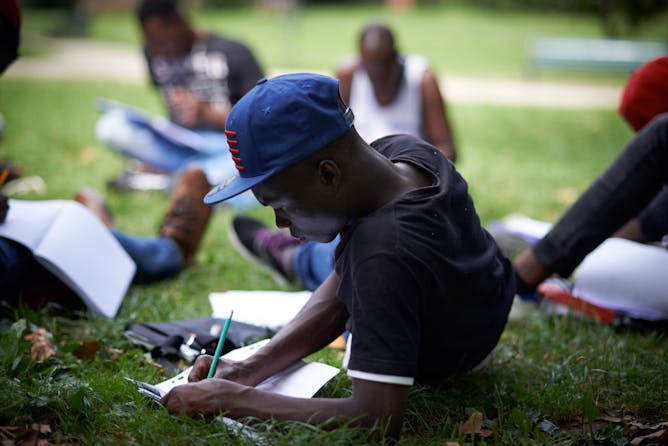
An unaccompanied foreign minor does lessons provided by a volunteer in a park in Toulouse, France, October 2017.
Alain Pitton/NurPhoto via Getty Images
Miho Taka, Coventry University
Governments and agencies should prepare second chance opportunities for formal education as emergency situations may last for several years and create a backlog of education.
|
Health + Medicine
|
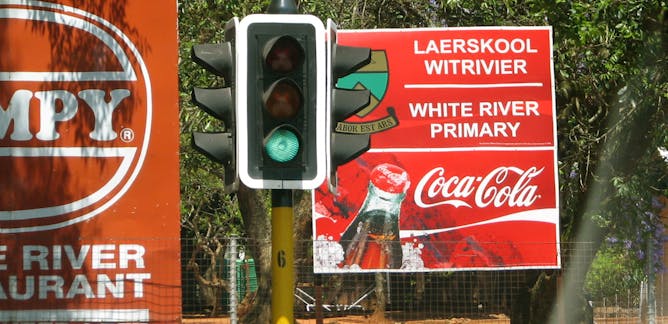
Agnes Erzse, University of the Witwatersrand; Karen Hofman, University of the Witwatersrand; Nicola Christofides, University of the Witwatersrand
A ban on sugary drinks sale and advertisements in schools is likely to hold more promise in improving the diets of children and help prevent obesity in children than voluntary actions.
| |
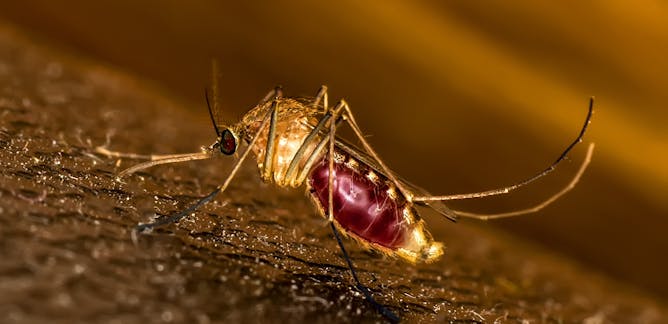
António Benjamim Mapossa, University of Pretoria
This project may help to eradicate malaria by developing new technologies to prevent mosquitoes from biting people when they are outdoors.
|
|
|
Environment + Energy
|
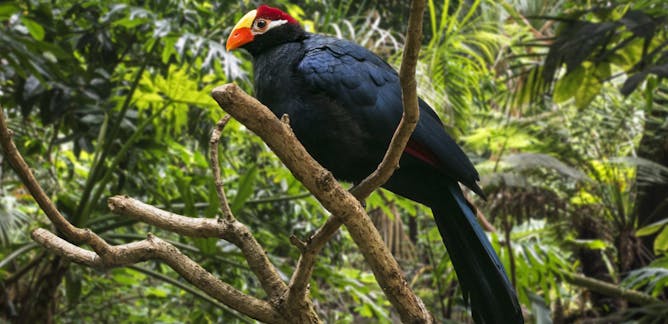
Emmanuel O. Akindele, Obafemi Awolowo University
Nigeria must improve biodiversity awareness among its citizens to stem animal poaching and halt biodiversity loss.
| |
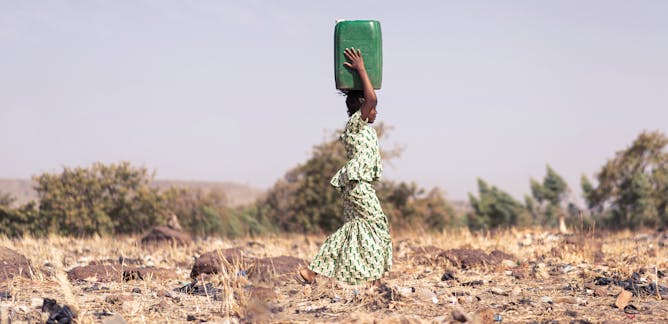
Jessica Omukuti, University of York
We need to know who gets what, and how money is used once it is allocated.
|
|
|
From our international editions
|

John Sullivan, Muhlenberg College; Kim Fox, American University in Cairo; Richard Berry, University of Sunderland
Podcasting exploded due to the lack of gatekeepers. Now big tech companies are starting to act like traditional media networks, signing popular hosts to exclusive contracts and establishing paywalls.
| |
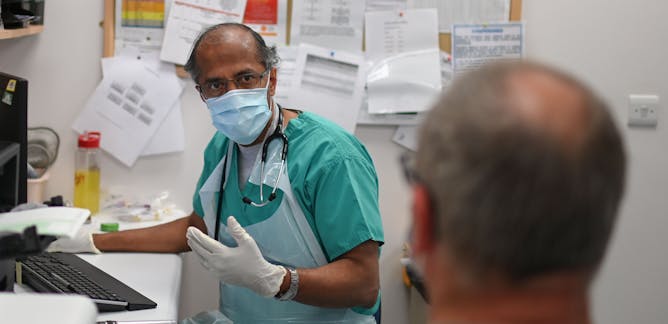
Daniel Freeman, University of Oxford
New research suggests hearing about the collective benefits of COVID-19 vaccines is unlikely to change people's minds, which contradicts previous findings.
|
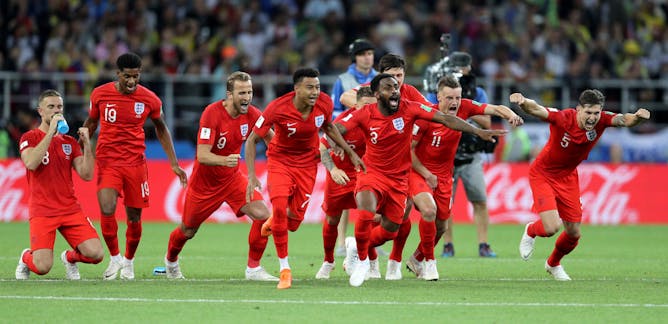
Paul Ian Campbell, University of Leicester
To tackle the racial stereotyping rife within football commentary, robust education – and uncomfortable conversation – is critical
| |
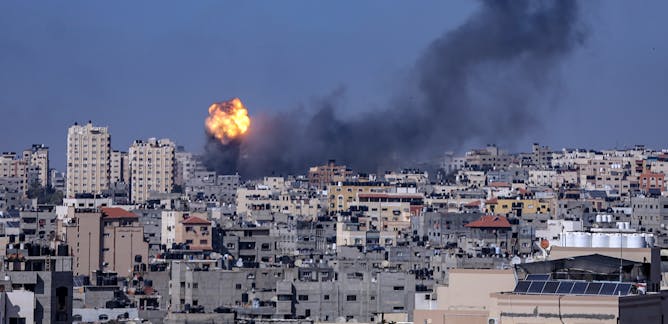
Julie M Norman, UCL
Factional infighting within Palestinian politics has played a part in building tensions.
|
|
|
En Français
|

Carlo Aldrovandi, Trinity College Dublin
Une réaction en chaîne a été déclenchée par les tentatives d’expulsions de familles palestiniennes à Jérusalem-Est. Une fois de plus, la ville trois fois saintes s’est embrasée.
| |

Benoît Tonson, The Conversation
Dans le podcast Zootopique, nous vous vous proposons une immersion en 2031 pour interroger nos relations avec les animaux.
|
|
|
| |
Featured events
|
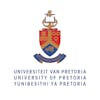
|
Future Africa, Pretoria, Gauteng, 0083, South Africa — University of Pretoria
|

|
MS Teams, Western Cape, 7600, South Africa — Stellenbosch University
|

|
Zoom, online, Zoom, online, Gauteng, Zoom, online, South Africa — University of Pretoria
|
|
|
|
| |
| |
| |
Would you like to republish any of these articles?
|
|
It’s free to republish, here are the guidelines.
Contact us on africa-republish@theconversation.com in case you need assistance.
|
| |
| |
| |
| |
|
|
|
|
|
|
|